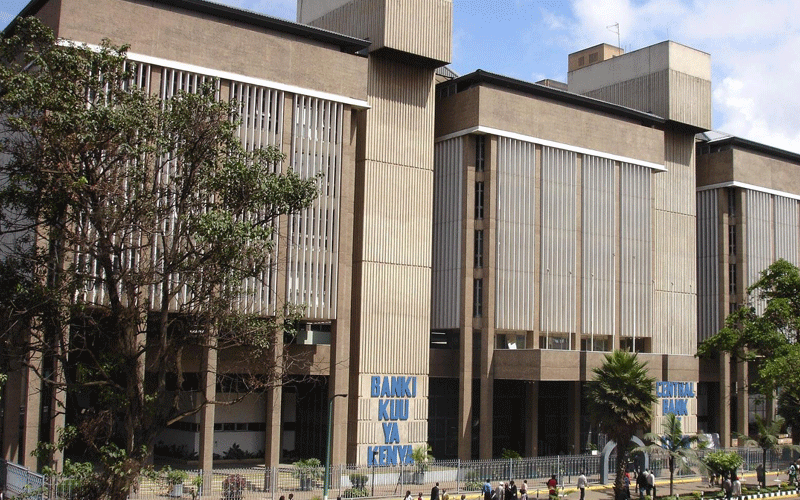Experts warn of tough times as CBK shrugs off inflation fears

The cost of living is set to increase with businesses considering increasing commodity prices to cope with the new tax requirements amid soaring cost of fuel and electricity.
In addition to these, analysts warn that currency depreciation will impact negatively the surging inflation affecting the economy, which is yet to heal from the previous waves of the Covid-19 pandemic.
However, Central Bank of Kenya was sounding confident on Monday, March 29, shrugging off inflation fears to retain benchmark loans rate at 7 per cent.
The regulator said inflation remains well anchored with the month-on-month overall inflation which stood at 5.8 per cent in February compared to 5.7 per cent in January.
It said the inflation rate is expected to remain within the target range in the near-term, supported by lower food prices and muted demand pressures, adding that the recent increase in fuel prices is expected to have a moderate impact on overall inflation.
The CBK’s Monetary Policy Committee said the package of policy measures implemented over the last year protected the economy from substantial decline, and supported the most vulnerable citizens.
“The MPC concluded the current accommodative monetary policy stance remains appropriate, and therefore decided to retain the Central Bank Rate (CBR) at 7.00 per cent,” said the regulator.
It said a head of the yesterday’s MPC meeting, four surveys were conducted; the Private Sector Market Perception Survey, a newly-introduced CEOs Survey, and surveys of hotels and flower farms.
“The four surveys revealed optimism on economic growth prospects in 2021, largely attributed to the rollout of Covid-19 vaccines, the stable economic environment, increased Government spending on infrastructure, private sector credit growth, and the Covid-19 mitigation measures,” said the MPC report.
However, Kenya Association of Manufacturers chair Mucai Kunyiha believe things are different on the ground, raising concern about the minimum tax which has already eroded the thin profit margins firms are currently making, forcing them to face the decision between; whether or not to hike prices.
The turnover or minimum tax requires businesses to pay 1 per cent of their gross turnover, whether they make profit or not.
Supply chain
“If you look at the margins that a distributor of cooking oil or unga enjoys in the supply chain of oil and unga, the net margin could be around 5 per cent or 7 per cent and that is shared between the distributor, the kiosks or shop and maybe a wholesaler in between, which means none of those businesses is making over 1 per cent net profit based on their turnover,” he said.
Through the fiscal driven inflation, Kunyiha said such businesses then have a choice, either to raise prices, which according to him, is not good for an economy reeling from this pandemic.
Cytonn Investments projects the inflation rate for March to range between 5.9 per cent to 6.1 per cent from 5.8 per cent recorded in February as a result of rising fuel prices.
Churchill Ogutu, the head of research at Genghis Capital agreed that overall inflation is expected to be higher, majorly as a result of the knock-on impact of fuel inflation expected to be reflected in the March inflation print.
“That said, core inflation is expected to remain subdued below the 3 per cent levels due to weak demand pressure in the economy,” said Ogutu.












